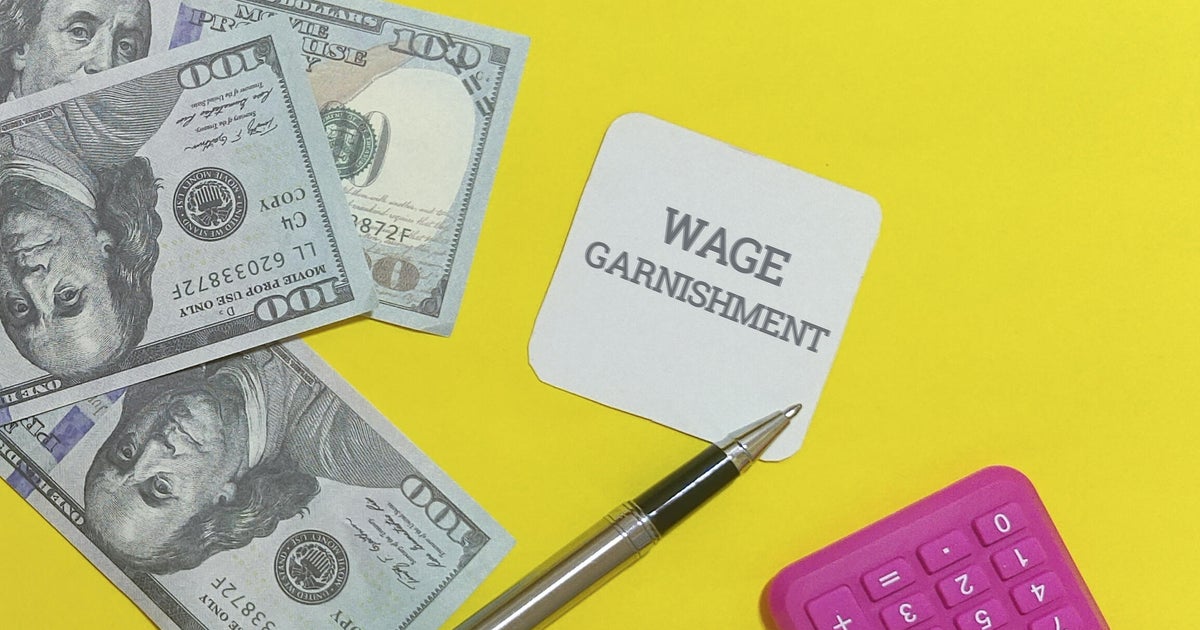4 ways to cut tax debt
It's the start of a new year which means tax time is right around the corner. As many Americans get their receipts and forms in order, some still have tax debt lingering from past years. At the end of 2021, over 10 million delinquent accounts owed more than $133 million in assessed taxes, penalties, and interest, according to the IRS.
If you have outstanding tax debt and aren't sure what to do about it, don't despair. There are multiple potential ways to settle it.
By answering a few brief questions you can get tax debt relief now.
4 ways to cut tax debt
Here are four ways that you can potentially cut your tax debt.
Use a tax debt relief service
While you can settle tax debt yourself, you can also hire a professional to do it for you. Many independent companies offer tax debt relief services. They'll assess your situation, strategize a plan, and communicate with the IRS on your behalf.
"You will likely not know, or not fully comprehend, what's possible and your full array of options without professional help," explains Tatiana Tsoir, CPA, MBA. She adds, "There are experts available for these types of tasks, and their entire job is to make sure that tax debt issues are remedied as quickly and painlessly as possible."
If you're going to hire help, though, Tsoir warns, "It's important to beware of scammers. Check a potential company's reviews and credentials, and do a Google search on them at the very least."
Explore your tax debt relief options with Anthem here now or use the table below to compare some top services.
Negotiate directly with the IRS
Your first instinct may be to call the IRS and ask them how to resolve your debt. If you're going to go this route, however, it's important to do your homework to protect your interests.
"There are numerous options from installment agreements and appeals to offers in compromise, tax court petitions, and even filing for bankruptcy," explains Tsoir. "Many of these have caveats though, so you have to be careful when choosing which avenue to pursue."
Apply for tax debt forgiveness
Another option is the Offer in Compromise (OIC) tax relief program which allows some taxpayers to settle a tax debt for less than is owed.
"This program allows you to pay your tax debt in a single lump sum or through a short-term payment plan, which results in a reduction of your overall tax debt," says Ahad Ali, CPA at Ahad&Co. He adds, "This strategy is fantastic for taxpayers who have obligations that exceed what they're able to pay."
The catch? Not all will qualify. According to the IRS, offers are generally only accepted if they represent the most the agency can expect to collect in a reasonable amount of time. Only about 30% of offers were accepted in the 2021 tax year.
To qualify, you also must:
- Be current on all of your estimated payments
- Not have an open bankruptcy preceding
- Have a valid extension for the current year
- Have made any tax deposits due for the current and last two quarters (if you're an employer)
You can file an OIC yourself or you can have a tax relief professional file it for you.
Apply for a hardship exemption
Lastly, the IRS offers a Currently Not Collectible (CNC) status for those who can't afford to pay their tax debts at all. "If the IRS grants you CNC status, all levy and wage garnishment proceedings will be immediately terminated. However, interest will continue to accrue, and late fees will be assessed to your account," explains Levon L. Galstyan, CPA at Oak View Law Group.
Galstyan adds, "To apply for the CNC, you'll need to file your tax returns just like you would for any other settlement option…While reviewing your case, the agency may ask for proof of your income, employment, debts, and monthly expenses." You can also pursue CNC status with the help of a tax relief professional.
While one or more of these tax relief options may work well for you, this is not an exhaustive list. To learn all the ins and outs, you'll need to perform additional research or reach out to a tax professional.
Worried about tax debt?
If you're worried you won't be able to pay your tax debt, don't let that deter you from filing an accurate return on time.
"The most important thing is to always file a truthful tax return. If you can't pay what you owe, there are options. However, if the return wasn't filed in the first place and the government created an SFR (substitute for return), your statutes of limitations often never start running," says Tsoir.
She adds, "Even if you would be eligible for a write-off of the tax debt, you can't benefit from that if you never filed or if you filed a fraudulent return. This is where people often get in trouble."




